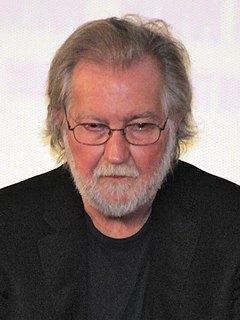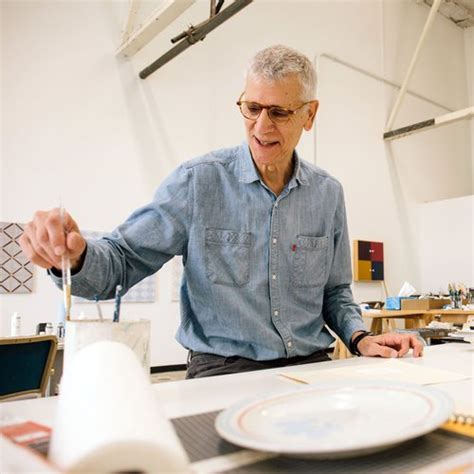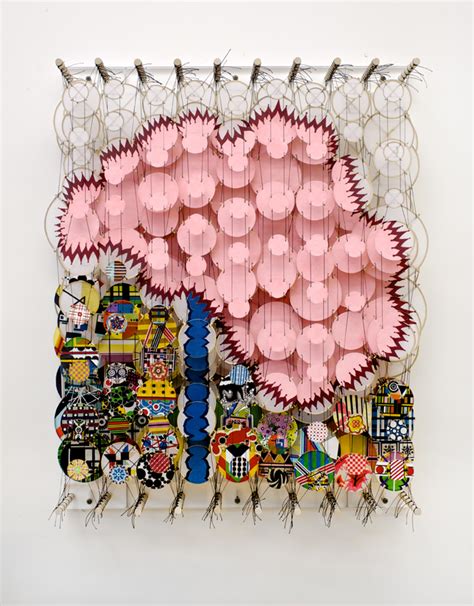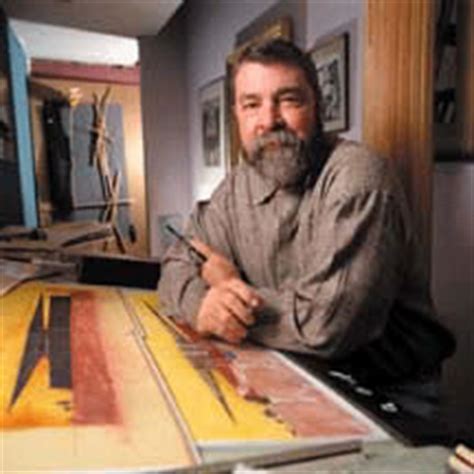A Quote by Tom Ford
Students in the '60s were responsible for great changes, politically and socially.
Quote Topics
Related Quotes
In the early 1970s, Milton Friedman argued that corporations should not be socially responsible because they had no mandate to be; they existed to make money, not to be charitable institutions. But in the economy of the 21st century, corporations cannot be socially responsible, if social responsibility is understood to mean sacrificing profits for the sake of some perceived social good. That's because competition has become so much more intense.
As it can be maintained that all the great advances have come from men under forty, so the history of the world shows that a very large proportion of the evils may be traced to the sexagenarians, nearly all the great mistakes politically and socially, all of the worst poems, most of the bad pictures, a majority of the bad novels and not a few of the bad sermons and speeches.
American civil rights leader, Where Do We Go from Here: Chaos or Community? Lynching is a murder. For the past four hundred years our people have been lynched physically, but now it's done politically. We're lynched politically, we're lynched economically, we're lynched socially, we're lynched in every way that you can imagine.








































